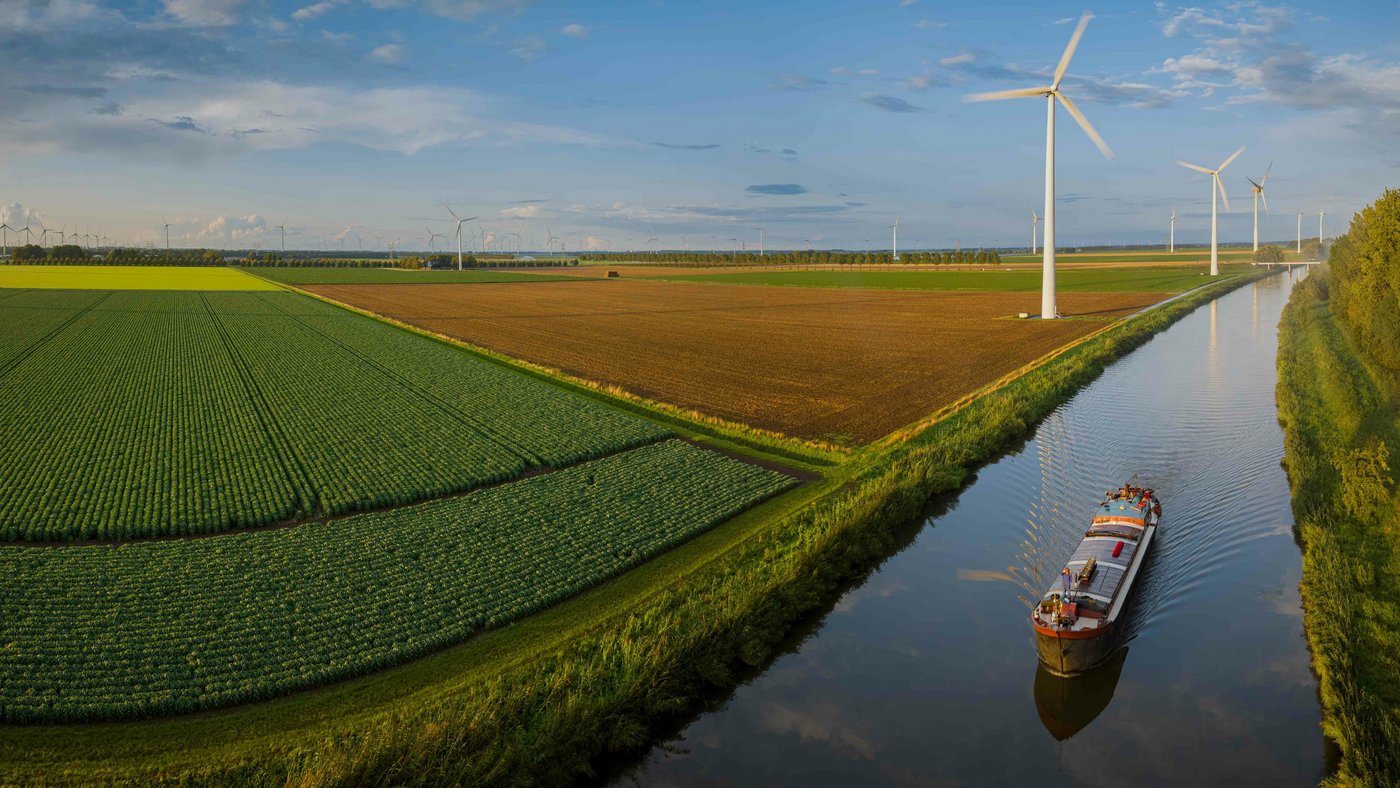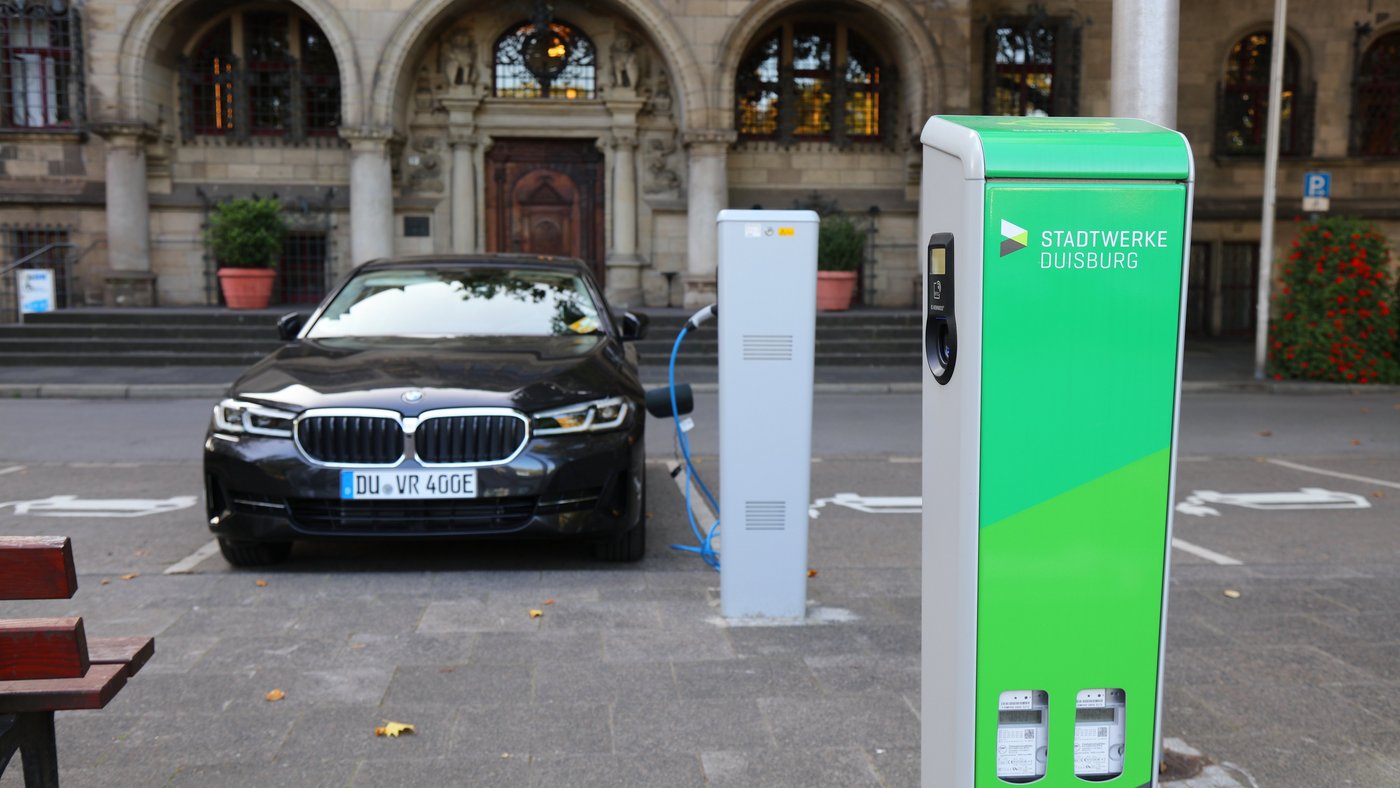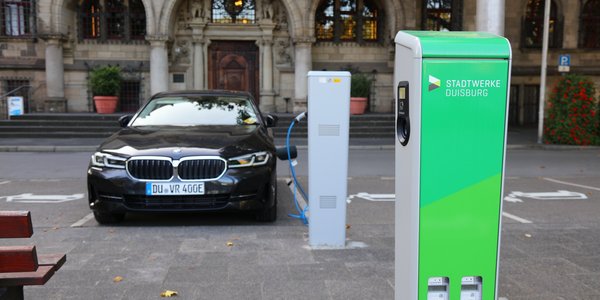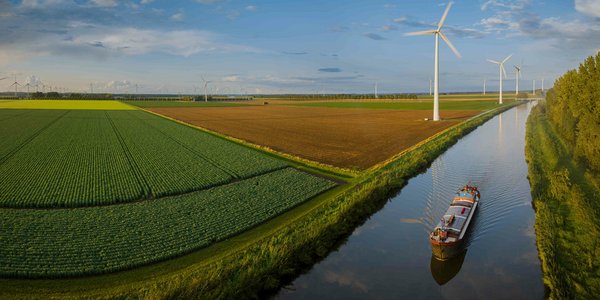![[Translate to English:]](/fileadmin/_processed_/c/b/csm_AdobeStock_723244167_90c67f5601.jpeg)
What do we mean by sustainability?

With the taxonomy, the EU Commission has set a strict framework for the sustainability of the financial sector, which has significant repercussions for the real economy.
In addition to pure transparency requirements (CSRD, SFDR, etc.), the taxonomy also has an impact on portfolio and financing decisions.
Investors have already begun to withdraw from carbon-dependent sectors of the economy. Financial supervisory authorities are increasingly conducting climate stress tests in the banking sector. This is because climate change is also a risk to financial stability.
The MaRisk amendment therefore incorporates climate risks and transformation risks into banks' risk management requirements. However, these rules can also hinder the intended transformation. As all investments are subject to sustainability, contradictions can arise that can be challenging for the basic materials industry or the defense industry.
What opportunities does sustainability offer?
Due to the high investment volumes that need to be financed, transformation also offers business opportunities for banks and investment companies. As these are generally highly regulated in their financing and investment decisions, the question arises as to how their investment capital can best flow into transformation projects.
In addition to the opportunities, transformation also offers risks. It cannot be predicted that every transformation project will ultimately be successful.
How does Fin.Connect.NRW deal with the topic of sustainability?
Fin.Connect.NRW focuses on technical discussions and further developments in transformation financing. A regular exchange of experience and knowledge between the stakeholders takes place in various event formats. To this end, information from practice and science is prepared and concrete recommendations for action are developed for banks, companies (especially SMEs) and for state policy.
The topic of sustainability is dealt with in Fin.Connect.NRW in a separate specialist group in which members of the competence center can network with relevant stakeholders on specific topics and provide important impetus for NRW as a business location. In addition, the topic of sustainability plays a central role in the Transfer specialist group, which focuses on the transfer of practice-oriented knowledge on transformation financing in the SME and banking landscape.

More on climate neutrality and sustainability
Fin.Connect.NRW specialist event on 29 August 2024: Banks will become climate neutral: What are the consequences for companies?
VÖB Service: EU taxonomy made easy - savings banks use TAXO TOOL
KFW: So far only a few SMEs have been approached by banks about sustainability information - but demand is likely to increase
Top 3 position for the NRW region in the "European Cities and Regions of the Future 2024" ranking
2024 will be the year of transformation (-financing)!
Studies on the topic
How high are the investment requirements for the climate-neutral and digital transformation in NRW?
At least 100 billion euros must be invested annually in North Rhine-Westphalia (NRW) to finance climate-neutral and digital transformation. This is the result of this meta-analysis of existing studies on the need for investment in climate neutrality and the need for investment in digitalization. In…
What does the Sustainable Finance Disclosure Regulation (SFDR) require?
What is the Sustainable Finance Disclosure Regulation (SFDR)? In 2019, the European Union created a new transparency framework, the Sustainable Finance Disclosure Regulation (SFDR) or EU Disclosure Regulation. The regulation specifies how financial market participants must disclose sustainability…
What does the EU taxonomy mean for SMEs?
What is the EU-taxonomy? The classification of sustainable economic activities (EU taxonomy) is intended to strengthen the financing of sustainable growth in the European Union (EU). The legal basis is the Taxonomy Regulation of the European Parliament and Council, which came into force on July 12,…
Transformation Financing from the Perspective of Financial Supervision
Transformation financing is also a major topic for the financial supervisory authorities. The financial supervisory authorities are not pushing the topic of sustainability independently. However, they must increasingly integrate it into their supervisory work. This is because there is a need for…
Need for Investment: Important Field of Action for the Energy Transition
The energy transition requires investment in almost all sectors. The EMI estimates the corresponding investment requirements for selected sectors in a plan scenario up to 2030 and discusses possible implications. 240 billion euros - this could be the annual investment requirement for the energy…
Events on the topic

IHK Siegen: Climate management - facts, trends and tools for transformation

Düsseldorf Finance Forum: ESG and sustainability in the financial sector - challenges of natural hazards and stressed assets

Online seminar "CSRD: Sustainability reporting requirements"

Webinar: On the road to climate neutrality - methods for GHG reduction in companies


